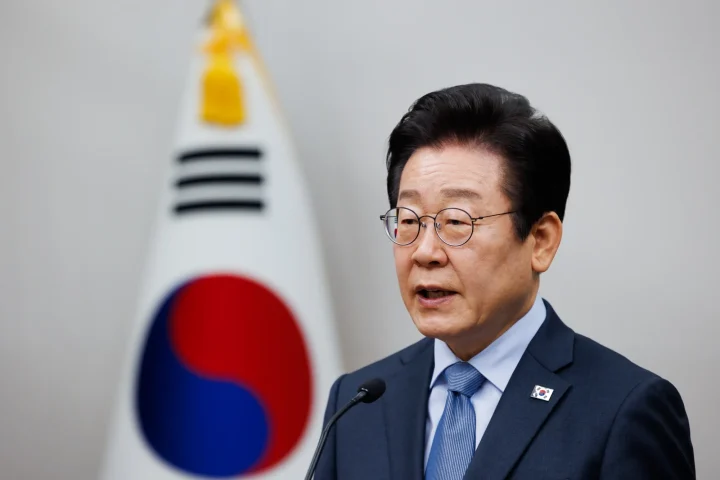In a surprising turn of events, the main pro-independence coalition in the French territory of New Caledonia has rejected a proposed agreement put forth by Paris, effectively derailing the creation of a new status for the Pacific Ocean archipelago unless there is a significant change in direction. The proposed deal, which was signed just last month, outlined a path for New Caledonia to attain a new state status while maintaining ties with France. Under this arrangement, New Caledonia would have gained more autonomy, including the ability to manage its foreign affairs. Additionally, the population would have been granted dual French and Caledonian citizenship, a departure from the current sole French citizenship policy. Despite the inclusive nature of the agreement, with signatories from both pro- and anti-independence factions, a key sticking point emerged regarding the absence of a provision for a new independence referendum. This omission proved to be a deal-breaker for the Kanak and Socialist National Liberation Front (FLNKS), despite an initial nod of approval from one of its negotiators. Dominique Fochi, a member of the FLNKS political bureau, voiced the organization’s discontent, stating that the proposed agreement did not align with the core principles and progress made through their longstanding struggle. New Caledonia, a region grappling with economic challenges, internal strife, and external influences, has been thrust into the spotlight due to its strategic importance for France. Rich in natural resources, particularly nickel, and serving as a gateway to the Indo-Pacific, the territory has become a focal point for various interests, including recent interference from Azerbaijan. The recent turmoil in New Caledonia was exacerbated by violent protests earlier this year triggered by a contentious electoral reform proposal. The reform, which sparked riots and resulted in significant casualties and property damage, aimed to alter the electoral landscape by diluting the influence of the native Kanak population. Amid the escalating tensions, Marie-Pierre Goyetche, another member of the FLNKS political bureau, vowed to resist any attempts by the state to push through the agreement and advocated for a peaceful opposition strategy. Reacting to the rejection of the agreement, France’s Minister for Overseas Territories, Manuel Valls, expressed disappointment, lamenting the missed opportunity for what he described as a “historic compromise.” Valls signaled his intention to visit New Caledonia in a final attempt to salvage the deal, emphasizing the importance of upholding justice and democracy in the face of potential unrest. As the political standoff continues in New Caledonia, the future trajectory of the territory’s relationship with France remains uncertain, with both sides locked in a tense standoff over conflicting visions of autonomy and independence.

New Caledonia Independence Deal Unravels Amid Political Standoff
Tags
Related Posts

Recent Posts
- India’s Modi pledges farmer protection, tax cuts, and self-reliance amid Trump tariff tensions
- South Korea’s Lee plans to halt some military activities on North Korea border
- Tottenham’s Strategic Move in Eberechi Eze Transfer Race, Arsenal Legend’s Insight
- Akash Deep Faces Roadblock with New SUV Registration
- Unveiling the Impact: Analyzing the Premier League’s Striker Signings for the Upcoming Season
Recent Comments
No comments to show.















